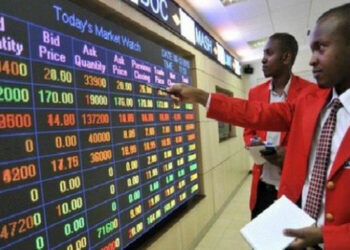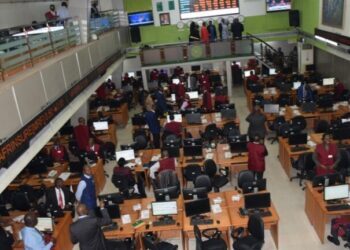The Infrastructure Bank Plc a development finance institution has dragged Dana Motors Limited to court in an action filed before the High Court of the FCT, Gwagwalada Division.
The Bank’s papers filed before the court shows that Dana Motors is indebted to the Bank on a contract for the supply of vehicles for which Dana Motors has refused to pay,according to the statement of claim filed in court.
The statement reads: “The Plaintiff claims against the defendant the sum of N221,893,690.44 being the outstanding indebtedness of the Defendant as at March 2023 which is due and payable to the Plaintiff arising from a vehicle sale transaction between the Plaintiff and the Defendant. The plaintiff also claims interest, as well as general damages.
“The total consideration payable for the 23 vehicles pursuant to the vehicle sale transaction is the sum of N494,910,000.00. The defendant was said to have acknowledged delivery of all the vehicles.
“The Plaintiff avers that in payment of consideration for the vehicles, the Defendant issued in favour of the Plaintiff post-dated cheques but later reneged by instructing the Bank not to present the postdated cheques on its due dates to which the Bank expressed its displeasure at the failure of the Defendant to keep to the terms of the contract it freely entered with the Plaintiff. The postdated cheques were eventually dishonored upon presentation on the basis of alleged irregular mandate.
“The Defendant has filed its Statement of Defence and Counter Claim denying the claims of the Plaintiff. It has however made a proposal for settlement. The matter came up on Thursday 2nd November 2023 before the Hon Justice Mohammed Sanni of the High Court of FCT, Gwagwalada and was adjourned to 17th January 2024 for report/adoption of terms of settlement or hearing/commencement of trial,” the statement explained.
The Plaintiff is being represented by the firm of Messrs Solomon Umoh SAN & Co and the defendant by De Juhano Solicitors.











